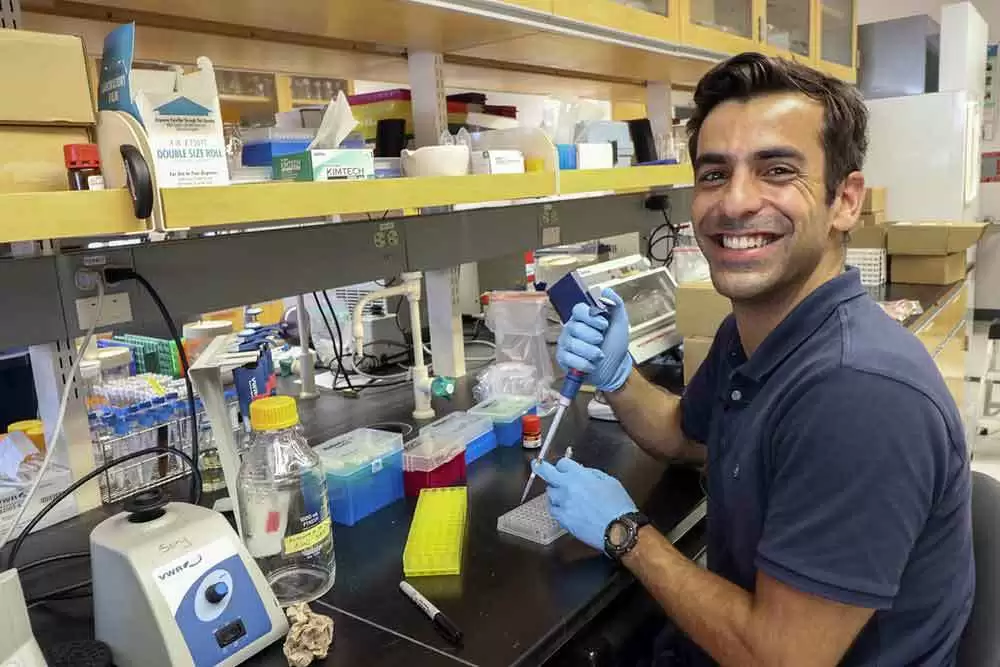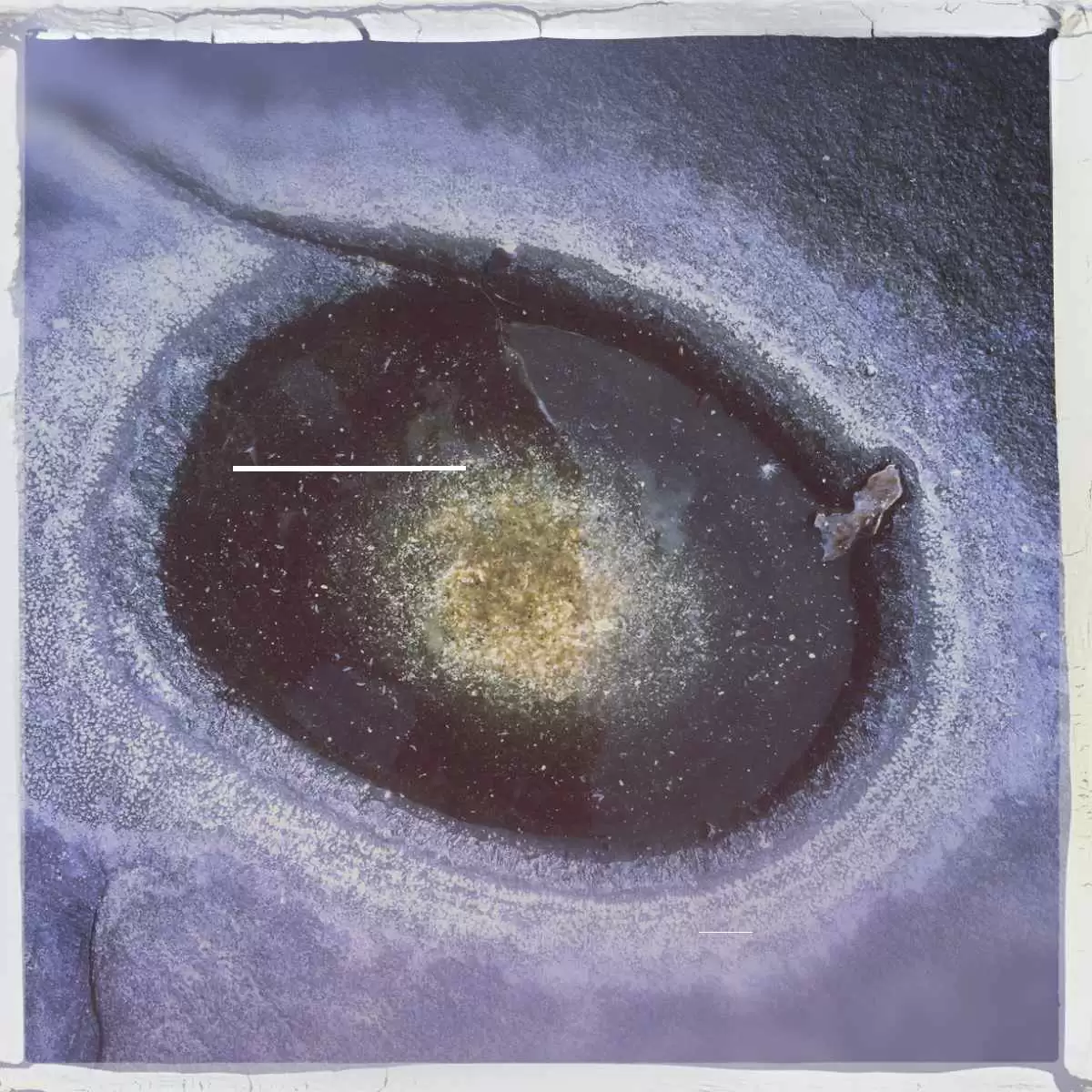
Celiac.com 01/30/2020 - There is a strong association between human leukocyte antigen (HLA) locus and T cell-mediated autoimmune disorders.
Researchers understand that HLA-DQ2.5-mediated celiac disease is triggered by the ingestion of gluten, but they don't know much about genetic and environmental risk factors that might contribute to disease.
Celiac.com Sponsor (A12):
In an effort to find out more, including whether T cell receptor cross-reactivity between gliadin and bacterial peptides in celiac disease suggests role of microbial exposure, a team of researchers recently set out to spot microbe-derived copycats of gliadin epitopes, along with "a parental bacterial protein that is processed by antigen-presenting cells, and activated gliadin reactive HLA-DQ2.5-restricted T cells, taken from celiac disease patients."
The research team included Jan Petersen, Laura Ciacchi, Mai T. Tran, Khai Lee Loh, Yvonne Kooy-Winkelaar, Nathan P. Croft, Melinda Y. Hardy, Zhenjun Chen, James McCluskey, Robert P. Anderson, Anthony W. Purcell, Jason A. Tye-Din, Frits Koning, Hugh H. Reid & Jamie Rossjohn
Among the findings "[c]rystal structures of T cell receptors in complex with HLA-DQ2.5 bound to two distinct bacterial peptides show that molecular mimicry underlies cross-reactivity toward the gliadin epitopes."
Accordingly, the fact that gliadin reactive T cells involved in celiac disease development cross-react with bacterial peptides suggests that microbial exposure could be an environmental factor in celiac disease.
Read more in: Nature Structural & Molecular Biology volume 27, pages 49–61(2020).
The researchers are variously affiliated with the Infection and Immunity Program and The Department of Biochemistry and Molecular Biology, Biomedicine Discovery Institute Monash University, Clayton, Victoria, Australia; the Australian Research Council Centre of Excellence in Advanced Molecular Imaging, Monash University, Clayton, Victoria, Australia; the Department of Immunohematology and Blood Transfusion, Leiden University Medical Center, Leiden, the Netherlands; The Walter and Eliza Hall Institute of Medical Research, Parkville, Victoria, Australia; the Department of Medical Biology, The University of Melbourne, Parkville, Victoria, Australia; the he Department of Gastroenterology, The Royal Melbourne Hospital, Parkville, Victoria, Australia; the Institute of Infection and Immunity, Cardiff University School of Medicine, Cardiff, UK; and with ImmusanT of Cambridge, MA, USA.








Recommended Comments
Create an account or sign in to comment
You need to be a member in order to leave a comment
Create an account
Sign up for a new account in our community. It's easy!
Register a new accountSign in
Already have an account? Sign in here.
Sign In Now